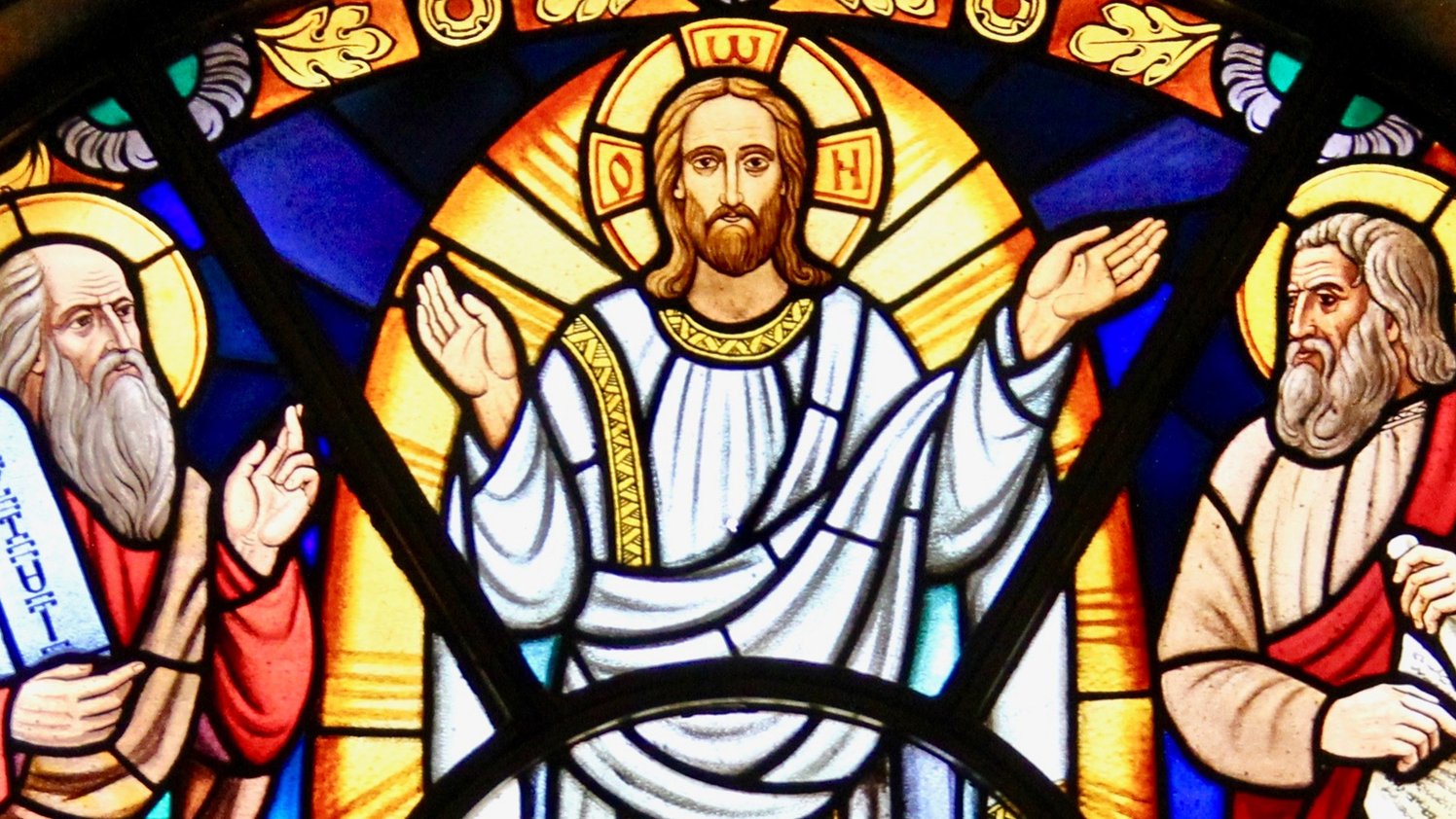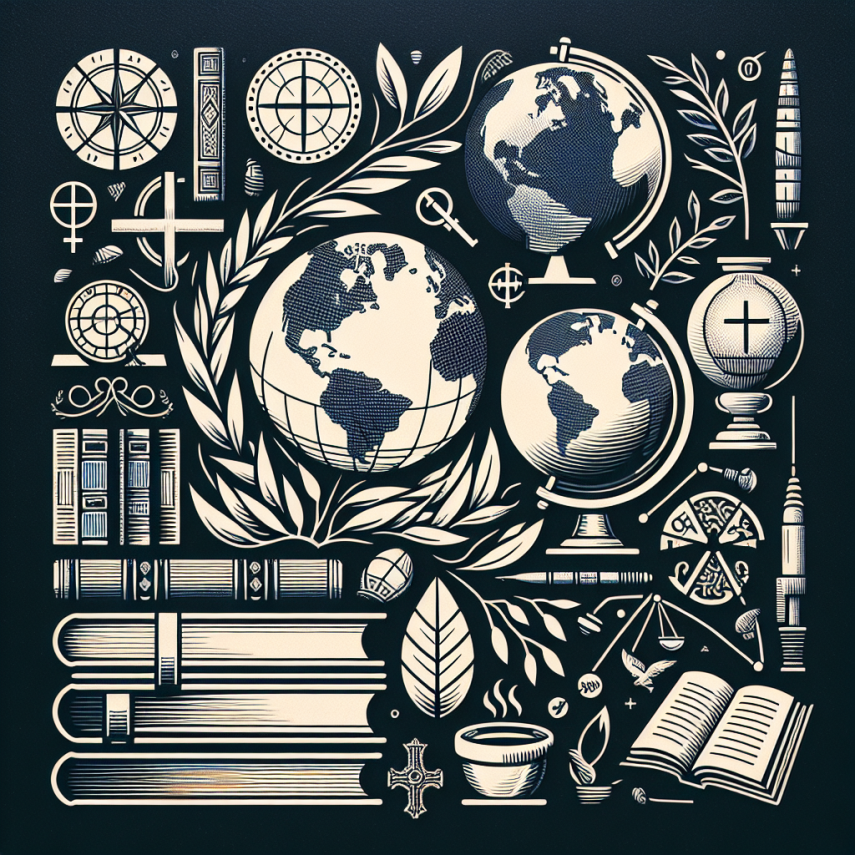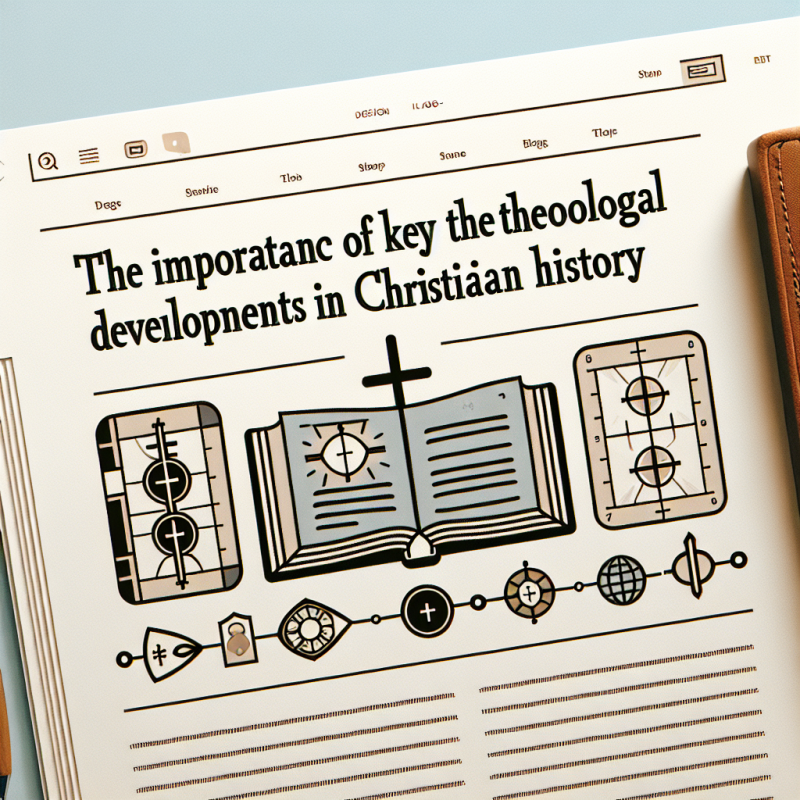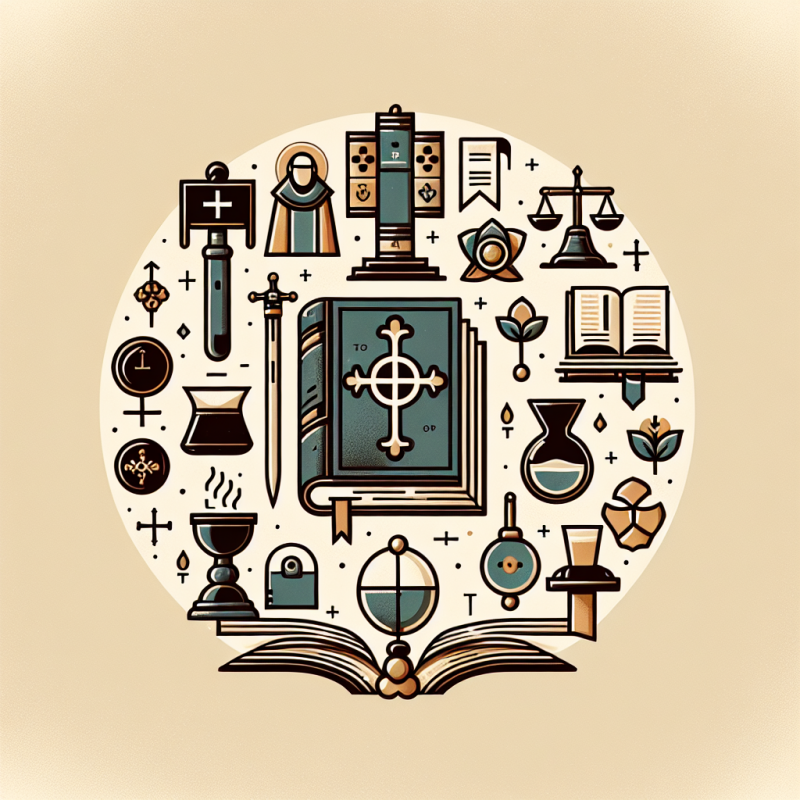Embracing Diversity: The Rich Tapestry of Christian Denominations
In my journey through faith, skepticism, and eventual deeper belief, I’ve traversed not only the landscapes of the earth but also the vast terrains of Christian thought and practice. One of the most enriching aspects of this journey has been exploring the history and theology of Christian denominations. This exploration has not only broadened my understanding of the Christian faith but has also affirmed the beauty of its diversity and the strength of its unity.
The Historical Context of Christian Denominations
The Christian Church, born out of the life, death, and resurrection of Jesus Christ, has navigated through centuries of change, conflict, and communion. From the initial spread of Christianity to the great schisms and reformations, the emergence of different denominations is a testament to the faith’s adaptability and its followers’ passion for understanding and living out the Gospel.

The first major division occurred in 1054, known as the East-West Schism, separating the Orthodox and Catholic Churches. Centuries later, the Protestant Reformation, led by figures such as Martin Luther, initiated a series of reforms and the birth of numerous denominations, each with its unique interpretations and practices.
Key Figures and Moments
- Martin Luther – His 95 Theses challenged the Catholic Church and ignited the Protestant Reformation.
- John Calvin – A principal figure in the development of the Reformed tradition and Calvinism.
- King Henry VIII – His desire for an annulment led to the English Reformation and the establishment of the Church of England.
These reformers and many others played pivotal roles in shaping the landscape of Christianity as we know it today, each contributing to the rich mosaic of beliefs and practices found within Christian denominations.
Theological Implications and Diversity
The diversity among Christian denominations is not just historical but deeply theological. Variances in doctrines such as the nature of Christ, salvation, sacraments, and the authority of scripture and tradition have led to the formation of distinct expressions of faith. This theological diversity, however, is underpinned by a shared belief in Jesus Christ as Lord and Savior, creating a complex yet beautiful tapestry of faith that spans cultures and continents.
Contemporary Relevance
In today’s world, where division often seems more pronounced than unity, the story of Christian denominations offers valuable lessons in diversity, dialogue, and understanding. My experiences traveling and engaging with believers worldwide have underscored the importance of focusing on shared faith in Christ while respecting our differences. This perspective is crucial for addressing contemporary issues, from social justice to environmental stewardship, grounded in a collective Christian ethic.
Reflecting on articles such as “Unveiling the Genesis Creation Narrative” and “Christian Ethics in Modern Society”, it’s evident how diverse theological insights from various denominations can enrich our understanding and action in the world today.
Final Thoughts
The exploration of Christian denominations reveals a faith that is dynamic, diverse, and deeply interconnected. As I continue to navigate my professional and spiritual journey, the understanding of this diversity inspires a more inclusive, compassionate, and holistic practice of faith. For those intrigued by the beautiful complexity of Christianity, I encourage diving deeper into the history and theology of its denominations, discovering the unique insights and wisdom each brings to the Body of Christ.

For further reading, resources such as Understanding Christian Denominations: A Comprehensive Guide offer a deeper dive into the origins, beliefs, and practices of various Christian traditions. Engaging with the historical and theological heritage of our faith lays a foundation for growth, understanding, and unity in our increasingly divided world.



Hello everyone, David M here. This article stems from my deep exploration into the vast terrains of Christian thought and practice, highlighting the enriching diversity among Christian denominations. By understanding our diverse theological heritage, we can foster a more united and compassionate practice of our faith. I hope this piece inspires you to appreciate the beauty in our differences and the strengths in our unity.
As someone who stands on the sidelines of faith, peering in with a mix of curiosity and skepticism, this article gave me a profound insight into the complexity and beauty of Christian diversity. The historical nuances and theological variances across denominations were articulated in a way that both respects faith and invites critical thought. It’s refreshing to see an emphasis on unity and shared values despite differences, something increasingly rare in discourse today. What I appreciate the most, as a skeptic, is the encouragement to explore and understand rather than to convert. It adds layers to my understanding of faith as not only a belief system but as a vibrant, dynamic culture.